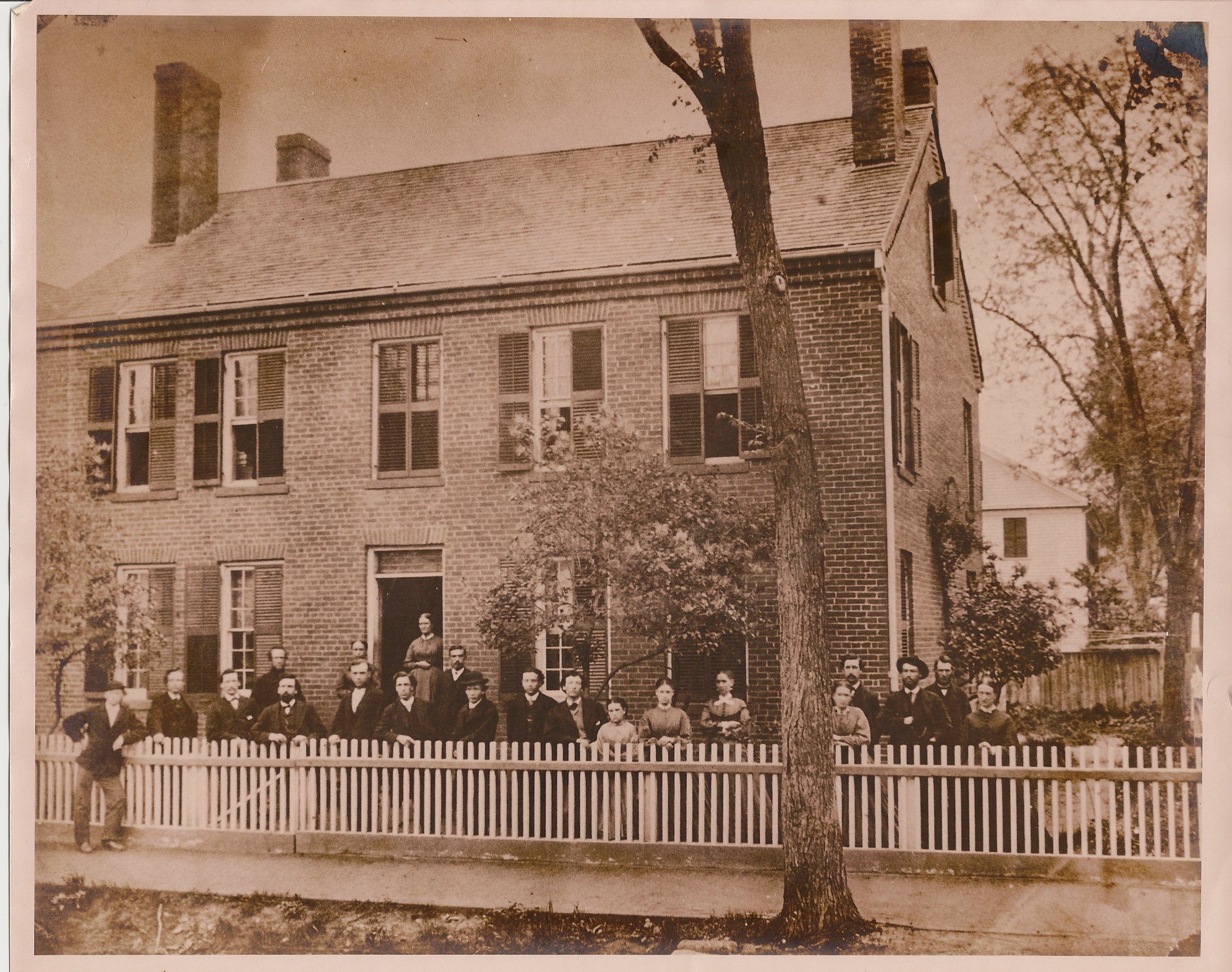A Durham Startup's New Take on an Old Housing Solution
Update: The legislation referenced below that would allow up to 6 unrelated people to live in one dwelling unit has not yet passed. This legislation should absolutely be pushed through and I encourage people to support this by writing in to the Durham government (perhaps your local ward council member).
I recently connected with an interesting local startup here in Durham. But before I get into their model, I should dive into a little history.
In the United States, we used to have a number of solutions to the problem of affordable housing (affordable with a little "f" - not subsidized or public housing, just housing that more folks could afford). One of the simplest solutions was the boarding house.
Those that owned houses with extra bedrooms, including empty nesters could rent space out on whatever terms made sense for the market. They could bring on one boarder or many. They could include meals or not. They could rent for long terms or short terms. They could create another income stream for themselves.
Those looking for an affordable place to stay could find a landlord and terms that fit their needs as well.
Both owners and renters benefited from a new sense of community. Larger boarding houses would often welcome immigrants from a country and provide a way to transition to the United States, while maintaining social ties with peers who were on a similar journey. Meanwhile, there were smaller boarding opportunities, where an owner of a single home whose children had grown could maintain daily social interaction by bringing on a boarder.
 |
| Mill Workers at a Boarding House in Massachusetts |
Over time, new zoning rules made boarding houses more and more difficult to operate legally. Until this year, Durham did does not allow more than 3 unrelated people to live in one dwelling unit together [correction: legislation is being considered, but as of now, Durham still does not allow more than 3 unrelated people living together].
However, the landscape may be changing back to more freedom of housing options. Airbnb has allowed for short term rental of space. However, while you CAN rent long term through Airbnb, it is not all that common.
In other cities, companies like Sonder, WeLive, and Common have popped up, creating apartment buildings where residents can live and take advantage of shared resources like common kitchens and entertainment space. These are not typically extremely affordable, but focus on the benefits of co-living in terms of community and value.
Still, the boarding house model is more appealing to me. There are two big flaws in the large-company, co-living model. First, the landlords are faceless companies. Residents build community with each other, but they are all typically young, single professionals. The connection between generations is lost. Second, money is extracted from the community. Instead of paying a local homeowner and providing them with extra income (and subsequently spending a portion of that money in the community again), a large corporation captures the revenue.
In 2020, Durham passed is considering legislation that allows up to 6 unrelated people to live in one dwelling. Running a "boarding house" is more realistic today than it has been for some time. However, in addition to legality, culture plays an important role. Did all those years without viable boarding houses kill the idea because it now seems like a model that is old fashioned?
As I mentioned, I recently learned about a company that sees an opportunity for a modern version of room rentals, while focusing on the benefits of price, community, and using existing housing stock.
Alcove is a company based here in Durham that uses their platform to connect landlords and room renters. As I have already discussed, the Triangle is growing quickly and housing supply can't keep up. Alcove hopes to connect existing supply to the new demand through local homeowners who want to expand their income stream. Alcove rents the home from the homeowner and then sub-leases individual rooms with flexible timeframes (3 to 18 months at a time). To me, it sounds like a new take on a familiar model and one that keeps rental money in the local market. Alcove does not own any of its real estate and is compensated for the modern parts of its solution: online matchmaking, payment processing, and coordination of services like cleaning.
While Alcove doesn't create a multi-generational social connection (the landlords don't live on site), they are still tackling plenty of other issues. Meanwhile, this article from Curbed outlines an NYU program that connects students to multi-generational roommates. Perhaps Duke could create a similar program?
I am rooting for Alcove both as a boon to the housing market in Durham and as a home grown company. Ideally, they can continue to support income streams for local homeowners, create more opportunities for affordable housing for renters, create efficiencies in the Durham housing market, all while building community among young people.
Of course, one company is not the silver bullet solution to the housing crisis. However, the more we can stack solutions together, the better off we will be.
Comments or thoughts? Join the forum thread here!


